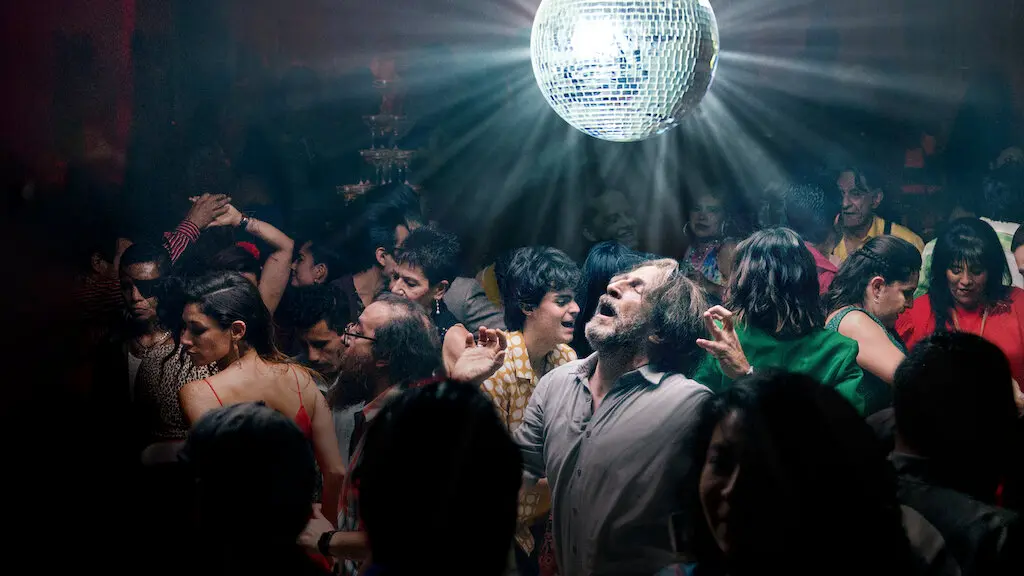Summary
It is a heartbreaking set of memories and life experiences that highlights the entire spectrum of emotional expression through stunning symbolic imagery that will affect each viewer differently.
We review the Netflix film Bardo, False Chronicle of a Handful of Truths, which does not contain spoilers.
Alejandro González Iñárritu returns with an introspective expressionism of his own life. As an artist, one’s life is analyzed from two perspectives; through the creative mind and reality. Iñárritu covers the history of the Mexican-American bridge and the truth of his people.
From the opening scene, Gacho is just a shadow of himself on the land he values with his life. He has two personas that he grapples with, which is his ultimate destruction as he spirals into a shell of his former self. Gacho navigates the media, his family, and his demons while he’s in the process of receiving an award for his work. The symbolism in Bardo, False Chronicle of a Handful of Truths speaks louder than the dialogue uttered by the characters.
Bardo, False Chronicle of a Handful of Truths review and plot summary
Silverio Gacho (Daniel Giménez Cacho) is a Mexican journalist and documentary filmmaker who prides himself on telling the truth about his country and his people. Iñárritu expertly projects the thoughts of Gacho into visual imagery to showcase his existential crisis throughout the film.
Alejandro González Iñárritu carefully crafts his journey through Gacho in one of the most beautifully shot films of the year. It’s an emotional journey with Gacho as he navigates this sense of emptiness and loss. It affects his entire life and he questions every decision he has ever made, including moving to the United States. He shows how he had to balance his life as a journalist in America and how his people responded to his success.
The cinematography by Darius Khondji is stunning, and Iñárritu’s framing of Gacho and his surroundings matches perfectly. Gacho tries to understand who he is after losing his newborn baby because it takes a toll mentally. He wants to move forward, but the loss stays with him. It then affects his perception of himself as a father, a creative, and a man. He has a love for his country and for his profession, which has uprooted him from his home.
The media questions his credibility and journalistic integrity as a documentary filmmaker as he accepts his award for his work. He suffers from imposter syndrome and questions his morals regarding his profession.
Is Bardo, False Chronicle of a Handful of Truths worth watching?
It may feel like Bardo, False Chronicle of a Handful of Truths is a bit farfetched and confusing. Still, it’s simply a representation of memories and feelings that are expressed through symbolic images to connect to Gacho.
Daniel Giménez Cacho gives a powerful performance in this film and explores Iñârritu’s emotional journey with him. Bardo, False Chronicle of a Handful of Truths is a heartbreaking set of memories and life experiences that highlights the entire spectrum of emotional expression through stunning symbolic imagery that will affect each viewer differently.
It’s a deeply personal film to Iñârritu and you can feel his connection to the visuals more so than the character of Gacho himself, further proving that the moving picture can evoke certain emotions that words cannot.
What did you think of the Netflix film Bardo, False Chronicle of a Handful of Truths? Comment below.
More Stories
- Bardo, False Chronicle of a Handful of Truths ending explained
- Where was the Netflix movie Bardo filmed?




